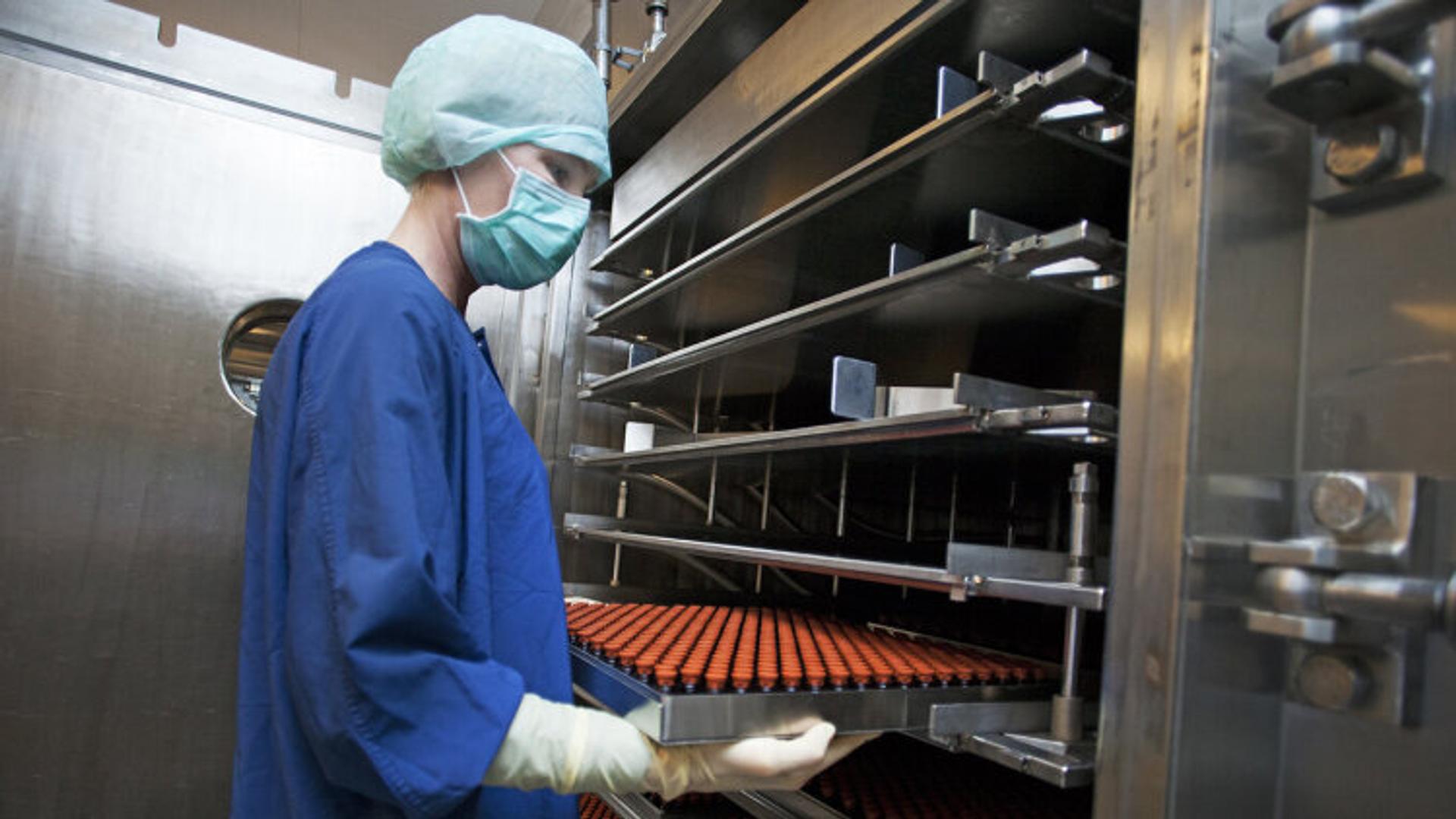Norway is driving major medical breakthroughs

Norway’s medical success is the result of large and small advances at laboratories, universities and university hospitals. Below is a look at four Norwegian companies that have made vital contributions to medical science and are continuing their ground-breaking work.

1. SERO – improving patient care
Modern medicine is practiced just as much in the laboratory as in the clinic. Laboratory analyses of human samples – such as measuring hormones, enzymes, and other critical biomarkers – are essential for accurate diagnosis, determining the most effective treatment and ensuring the correct dosage of medications.
The quality of a hospital or doctor’s office is therefore highly dependent on the quality of its lab. But how we be sure that the methods and equipment are yielding reliable results?
The answer lies in laboratory quality control, a field significantly advanced by innovations from Norway.
In the 1950s, Professor Lorentz Eldjarn conducted the world’s first successful experiments using a standardised control serum for internal quality control at his laboratory at Oslo University Hospital, Rikshospitalet. Thirteen years later, the company SERO was born, and the world’s first commercially available control serum, Seronorm®, was launched.
Today, SERO remains a pioneer in quality control materials, offering a growing portfolio of standard and tailor-made products used worldwide to ensure the accuracy and reliability of laboratory diagnostics.
The global in vitro diagnostics (IVD) quality control market is expected to reach USD 2.28 billion by 2031, growing at a rate of 4.5 per cent between 2024 and 2031. Thanks to Norwegian ingenuity, doctors, clinicians and researchers worldwide can trust their lab results.
2. Algeta – fighting cancer that has spread to the bones
Some types of cancer are more difficult to treat than others. When cancer has spread to the bones, for example, there are few alternatives. Available treatments have serious side effects and are of varying efficacy. Fortunately, a Norwegian company has found a way to slow bone metastasis from prostate cancer.
Building on research conducted at Oslo University Hospital, Radiumhospitalet, Algeta developed a cancer drug based on radium-223, a radioactive isotope. While radium treatment of cancer was widespread in the past, it has largely been replaced by alternatives with fewer side effects. Algeta’s breakthrough is a targeted drug that is highly precise and has a short half-life, thereby minimising side effects. The drug was launched under the name Alpharadin, and is now known as Xofigo®.
Each year, some 1.3 million men are diagnosed with prostate cancer and more than 300 000 die of the disease. Xofigo™ is used when the cancer has spread to the bone and is approved for treatment in both Europe and the US. Founded in 1997, Algeta was acquired by pharmaceutical giant Bayer in 2011. However, both production and R&D are still located in Norway, where work is being done to develop similar methods for treating breast cancer and lung cancer.

3. Dynal Biotech – isolating DNA from cells
In 1977, Professor John Ugelstad at the Norwegian University of Science and Technology (NTNU) managed to solve a problem that had been puzzling researchers for years: how to create a set of microscopic beads of exactly the same size. The professor and his team then went on to make these uniform beads magnetisable and found that they could be used to separate biological materials with extremely high precision.
Dynal Biotech was founded shortly afterward to further develop and commercialise the technology. Called Dynabeads, the innovation is now used in 80 per cent of all cancer genome sequencing in Europe. The beads are also used in isolating and removing cancer cells, isolating DNA, tissue-typing in connection with organ transplantation, and HIV research. Dynabeads are still manufactured in Lillestrøm, near Oslo, and are available from Thermo Fisher Scientific.
4. GE Vingmed Ultrasound – mapping blood flow in the heart
Cardiovascular disease is the most common cause of death worldwide, and the risk increases with age. Thus, cardiac diagnostics are critical to the health and well-being of millions of patients around the globe.
When doctors examine a person’s heart, they use ultrasound, which provides a living picture of the heart’s functioning. However, until the late 1970s, there were no effective methods of obtaining a detailed picture of how blood flows through the heart.
Enter Professor Bjørn Angelsen and his team at NTNU, who developed a device called the Pulsed Echo Doppler Flowmeter (PEDOF) that relied on the Doppler effect and could estimate both the high blood flow velocity and flow direction in a vessel or in the heart. Pioneering Norwegian cardiologist and professor Liv Hatle devised methods for using the instrument for clinical testing. The Norwegian company Vingmed then translated the PEDOF prototype into a commercial medical ultrasound device.
The company was acquired by GE HealthCare in 1998, with the new name GE Vingmed Ultrasound, and its technology continues to evolve. In 2009, the company launched the Vscan™ – the world’s first colour pocket-sized ultrasound scanner. TIME magazine dubbed the device “one of the most important inventions of the year,” due to the potential the portable and inexpensive device held for patients in developing countries. In 2021, the completely wireless version Vscan Air™ was launched, which displays crystal clear images on the user’s smartphone in real time.


